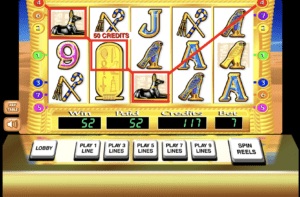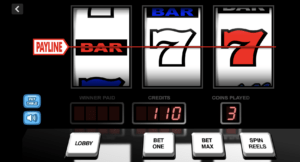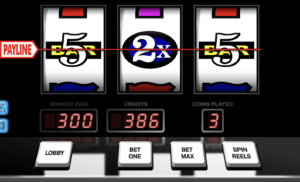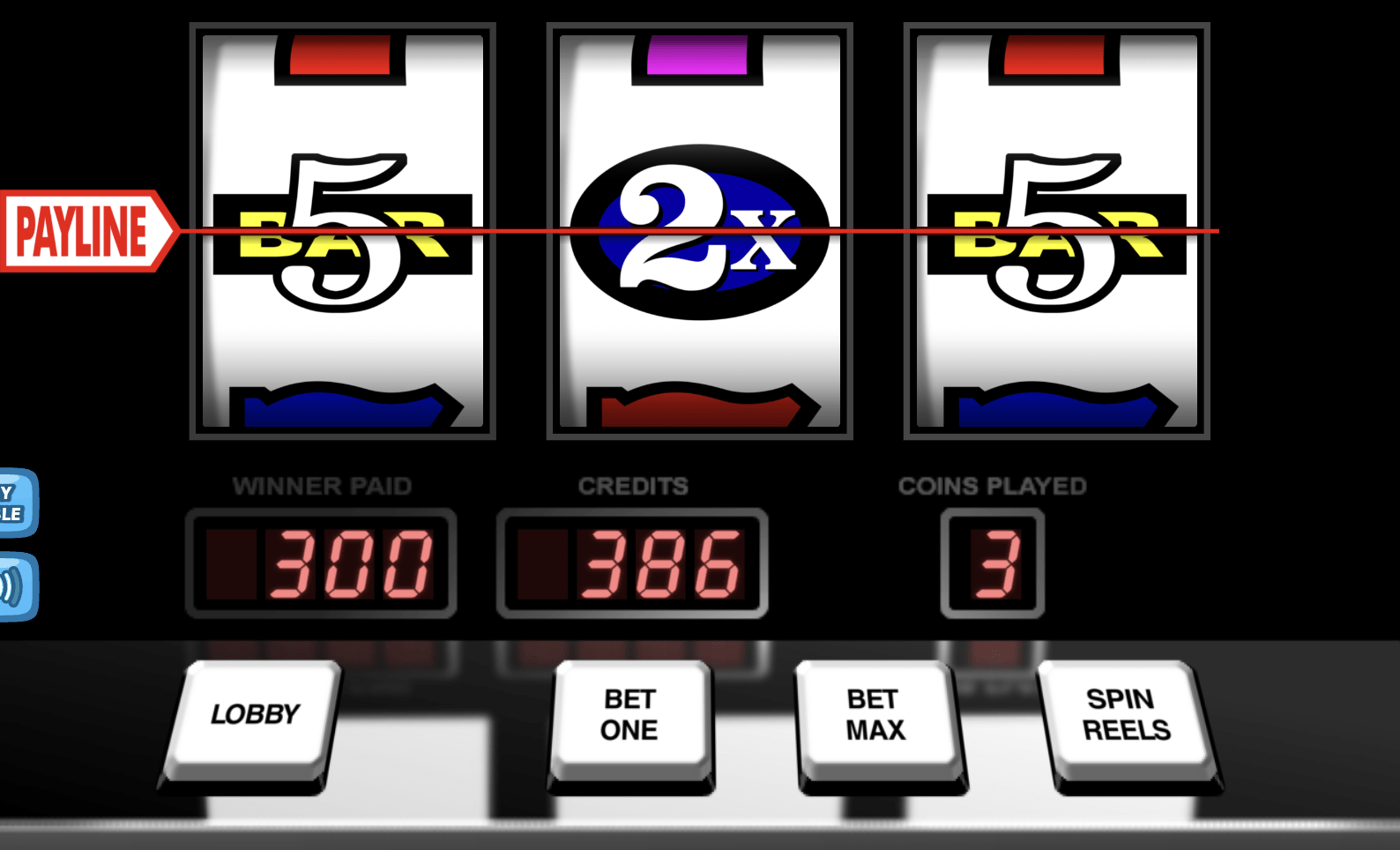FreeSlots.com is a website trademarked and copyrighted by SimSlots, Inc. that contains a variety of slot machines. The mobile game and website is for anyone ages 21+ to use, and is good for both casual gamers and lifelong fans of slots with its miniscule learning curve and quick experience. The gameplay involves spinning virtual reels with the hope of matching symbols to win credits. Slots puts players at risk for addiction through its strategic use of randomness and probability, which are cleverly obfuscated to enhance player engagement. The game’s vibrant visuals, engaging sound effects, and the promise of jackpots exploit players’ cognitive biases, making it difficult for them to disengage and foster addictive behaviors.
The concept of beginner’s luck plays a crucial role in player retention. Many players experience an early win, which creates a sense of fairness and potential success. This initial win hooks players, encouraging them to continue playing in the hope of replicating their early success. Despite understanding that slot machines are designed to make a profit, players tend to overlook this fact due to intermittent wins, which reinforce their belief in possible gains. The game’s mechanics are designed to give the impression that winning is more frequent than it actually is, thus sustaining engagement and driving repeated play.
The game’s ambiance plays a significant role in addiction. While traditional casinos use physical layouts, free drinks, and the noise of other players winning to create an immersive experience, the online slots replicate this virtually. The sounds of spinning reels accompanied by background music, and colorful visual effects all contribute to a sensory-rich environment that keeps players engaged. This sensory stimulation can create a compulsive urge to continue playing. The aesthetic elements of the game, such as colorful graphics and engaging audio cues, are crafted to enhance the overall experience, making the dynamics of repeated play more appealing.
\

One of the cleverest design choices in the virtual slots is the deliberate obscuration of the game’s odds. By not revealing the exact probabilities of winning, the game maintains player excitement and hope. If players knew they had a 1 in 200,000 chance of hitting a jackpot, they might be less inclined to play. In the hundreds of spins of the slot machines, I only won semi-big once, primarily gaining just a few credits at a time. However, if I knew how unlikely it was to hit the jackpot, I would not have continued spinning. Similarly, not knowing the exact odds of winning smaller prizes keeps players guessing and engaged, feeding into the excitement and potential for addiction. This obfuscation is a critical mechanic that sustains the dynamic of continuous play, as players are not dissuaded by unfavorable odds.
The near miss effect is a powerful psychological phenomenon utilized in slot games When players come close to winning, they are more likely to continue playing, driven by the belief that a win is imminent. This effect is particularly potent as it creates a sense of cognitive regret, where players feel they can redeem themselves for their near win by playing again. When playing normal slots, in less than five minutes I had lost nearly 100 credits. Frustrated, I decided to switch to a 2x payout machine, thinking that my luck might change. However, almost every turn resulted in a near miss, heightening my frustration but also compelling me to keep playing.This cycle of near misses and intermittent wins fosters addictive behavior.

Players often perceive a greater chance of payoff than actually exists. The game’s design ensures that, while wins occur, the overall probability is skewed in favor of the machine. This perception of potential gain, combined with occasional wins, makes it difficult for players to stop playing, believing they can outsmart the machine. For instance, after winning 300 coins when I only had 86 (having already lost over 100), I felt so good that I decided to switch to a higher payout machine, moving from 2x to 10x, despite knowing the odds were worse. The mechanics of programmed wins, the dynamics of engaging play sessions, and the aesthetics of celebratory graphics and sounds all work together to create an environment that encourages continuous play

Compared to other games that rely on chance, such as roulette or poker, slots is a very individualistic game and offers less transparency regarding the odds. While poker involves skill and strategy, and roulette has fixed odds that are well known to players, slot machines obscure these details, making it harder for players to make informed decisions. This lack of transparency increases the risk of addiction, as players cannot accurately assess their chances of winning. However, it also adds to fun as competition, almost like the player is directly competing against the machine and those playing right before or after them.



